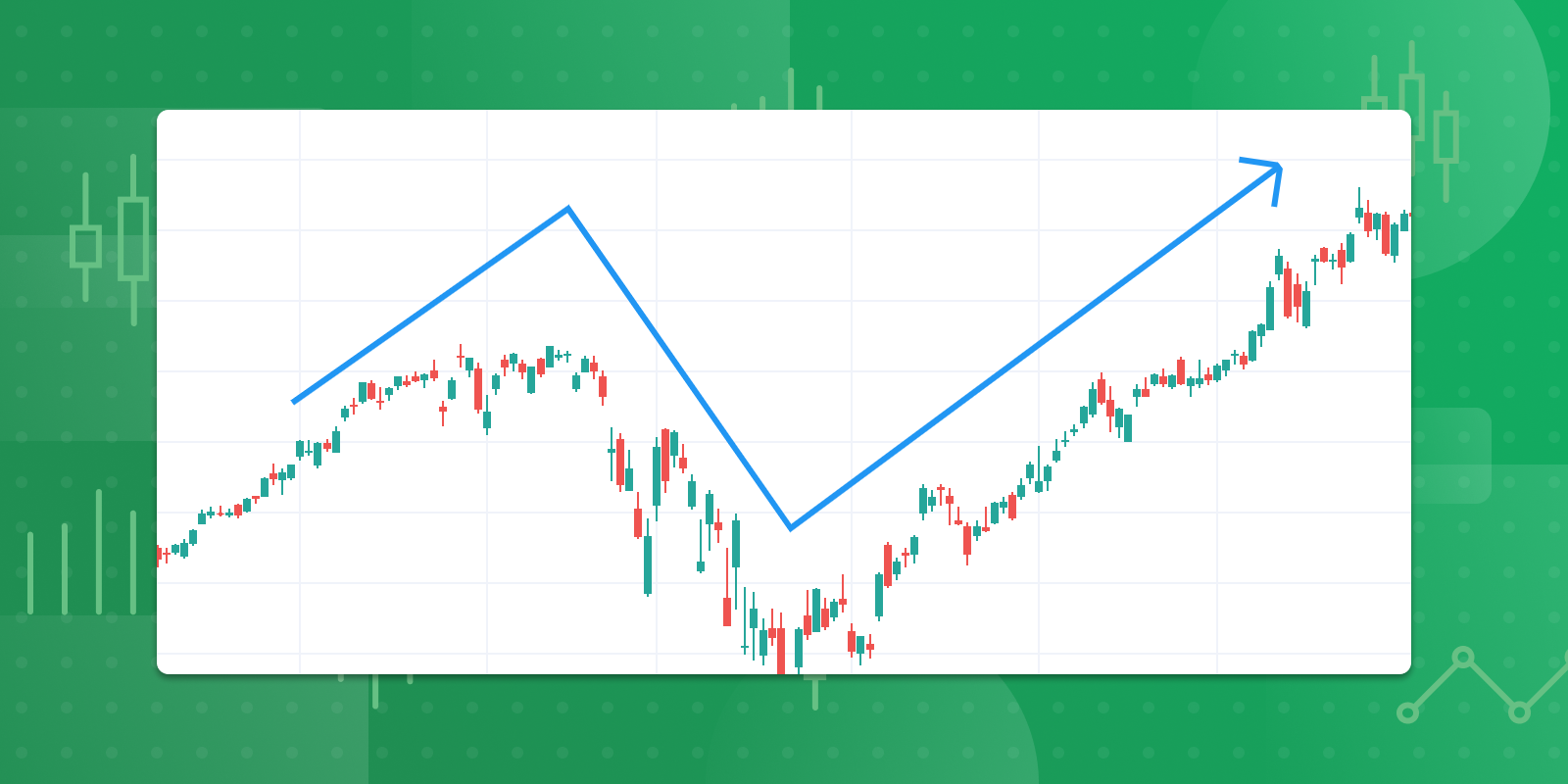The Indian business norms are shifting due to the rapidly evolving Indian technology sector. The global sourcing market in India keeps expanding faster. The Technology sector funds are anticipated to continue generating positive returns due to their impressive historical performance. For instance, the ICICI Prudential Technology Fund has generated returns of 31.35% for three years.
What are Sector Mutual Funds?
A sector fund is a kind of investment fund that invests in certain industries or sectors. The finance or technological industries are familiar sectors. Generally, sector funds are offered as mutual or exchange-traded funds (ETFs). A sector comprises one type of industry that sells the same or a related product.
What are the Features of Sector Mutual Funds?
Each fund has a unique mix of holdings despite investing in the same sector.
- Sector funds concentrate on a single industry.
- Considering that most sector funds are only available for a premium price, investing in them might be expensive.
- The economic cycle and performance, which are influenced by several factors, determine how well sector funds perform.
- As sectoral funds are equity funds, they can provide large returns. In an economy, not all sectors are doing because sectors are cyclical. Therefore, with thorough investigation and analysis, investors can identify the sector, such as the technology field, that would perform best and special sectoral funds to satisfy their financial needs.
- A good investment for hedging purposes is sector funds.
- Long-term investments are made via sector funds such as ICICI Prudential Mutual Fund.
- For various reasons, investing in these funds is one of the riskiest options. They are exposed to market risk and volatility because they are equity funds. Focusing on a single industry reduces diversification and raises the hazards associated with concentration.
What are the Types of Sector Mutual Funds?
There are various types of Sector Mutual Funds, and the most common are as follows:
Technology: The sector invests in stocks of businesses such as ICICI prudential technology fund that make or provide services based on Technology.
Financials: Invests in equities of financial institutions like banks, brokerage houses, mutual fund companies, insurance providers, etc.
Healthcare: Concentrates on the healthcare sector and makes stock investments in biomedical firms, hospital conglomerates, pharmaceutical businesses, medical device manufacturers, etc.
Real estate: This sector focuses on investing in REITs.
Utilities: This industry makes investments in firms that offer goods and services associated with phones, electricity, and gas.
Why Invest in Sector Mutual Funds (Technology)?
India’s IT sector is expanding quickly, helped by several positive factors. Emerging technologies, including cloud computing, artificial intelligence, fintech, e-commerce, the metaverse, virtual reality, and blockchain technology, present opportunities for IT companies.
IT industry leaders like Infosys and TCS have shown good earnings growth and are expected to continue doing well shortly. From a risk standpoint, not all IT and related businesses might be well-positioned to benefit from India’s tech growth. Investors should be aware that some firms may announce weaker earnings growth in the upcoming quarters, which could influence their share prices.
What are the Advantages of Sectoral funds?
- A chance to profit from trends is provided by investing in sector funds. A profit is made if the investor makes the right choice and the sector they select goes on to appreciate.
- The fund’s increased diversity is another benefit of choosing sector funds over individual stocks for investment. A technology sector fund such as ICICI Prudential Mutual Fund will shield you from firm-specific risk or the danger that one company may perform poorly, unlike a single technology stack.
What are the Disadvantages of Sectoral Funds?
- Sector funds are more volatile than stock funds with a broad base. You’ll experience higher value gains and deeper value drops with most sector funds.
Who should Invest in Sectoral Funds?
- Investors with increased risk awareness
- Investors who plan to invest for 5-7 years
What are the things to consider while investing in Sectoral Funds?
- Investors shouldn’t risk more than 5–10% of their capital on sectoral funds due to their high risk.
- Consider your long-term investment objectives before you invest a sizable amount in a particular industry.
- Evaluate the expense ratio, as there is no use in investing in a certain fund if the management of that fund is expensive.
Final Thoughts
You can invest in a sector fund to diversify into a specific industry. However, while investing, be sure to account for the chance that the industry may not grow and be ready for a rocky ride.

















